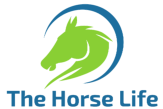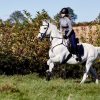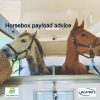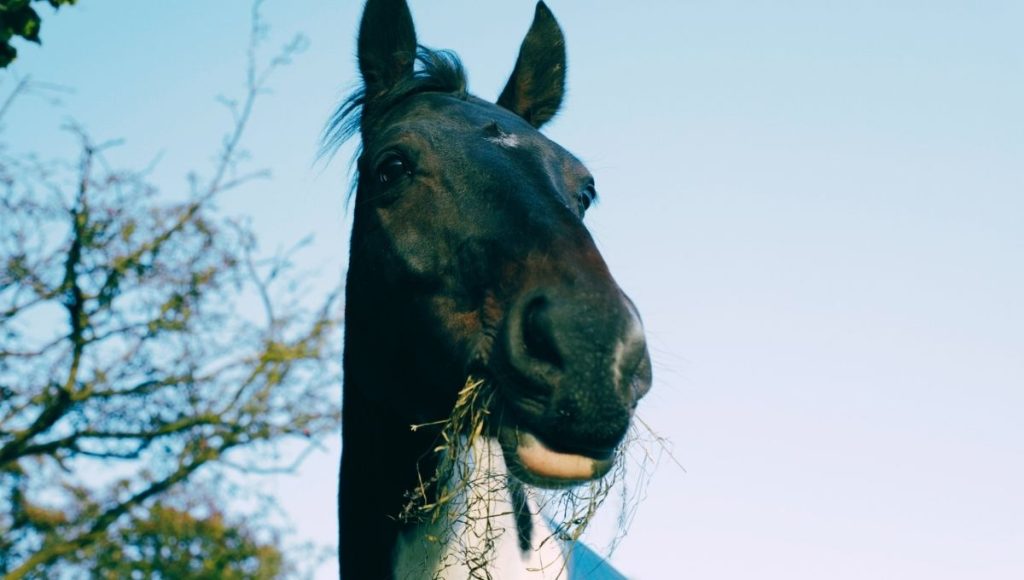
A Forage Focused Horse Feeding Approach
The secret to successful horse feeding is essential attention to the grass, hay or haylage a horse eats. Understanding the huge amounts of forage horses eat is the ultimate way to make sure your horse is healthy, and you are happy.
In this article, I am going to look at this revolutionary horse feeding approach, and why I believe this philosophy should become the industry standard.
Sarah Braithwaite
Why use a ‘Forage Focused’™ horse feeding approach
Often, the forage, grass hay or haylage, fed to horses comes from a very limited area. Over time, imbalances will start to accumulate, and horses may start to suffer problems that are often miss-attributed to other causes.
For all horses, I believe the greatest health outcomes and performance are achieved through a forage focused, balanced nutrition, horse feeding approach which takes account of scientific analysis of forage.
Horse feeding, where the nutrients are balanced to a particular forage consumed by a horse is an important consideration when tackling the following:
- Skin infections such as mud fever and rain scald
- Coat bleaching and fading
- Tendon and ligament injuries
- Immune system allergies such as sweet itch
- Poor muscle development
- Nervous system disorders
- Poor metabolic systems where horses become prone to laminitis
- Good fertility of breeding stock
- Safe healthy bone development and growth in young horses
- Digestive disruption and ulcers
- Poor liver health
- Poor hooves with thrush, white line disease, white line stretching, flaky hoof walls or abscessing
Horse forage testing and scientific analysis
Horse feeding guided by scientific analysis and the testing of grass, hay or haylage is vital to ensure optimum health. This is because even though the amounts of some nutrients consumed are in milligram quantities, their effect on horse health relative to their low concentration is huge.
Poor health in horses can be observed as a variety of niggling problems, such as foot sensitivity, rain scald, mud fever, itching skin or sweet itch, muscle soreness, poor performance, irritability and behavioural problems, dull coats and poor-quality hooves, white line disease, hoof abscesses, laminitis, gastric ulcers and more.
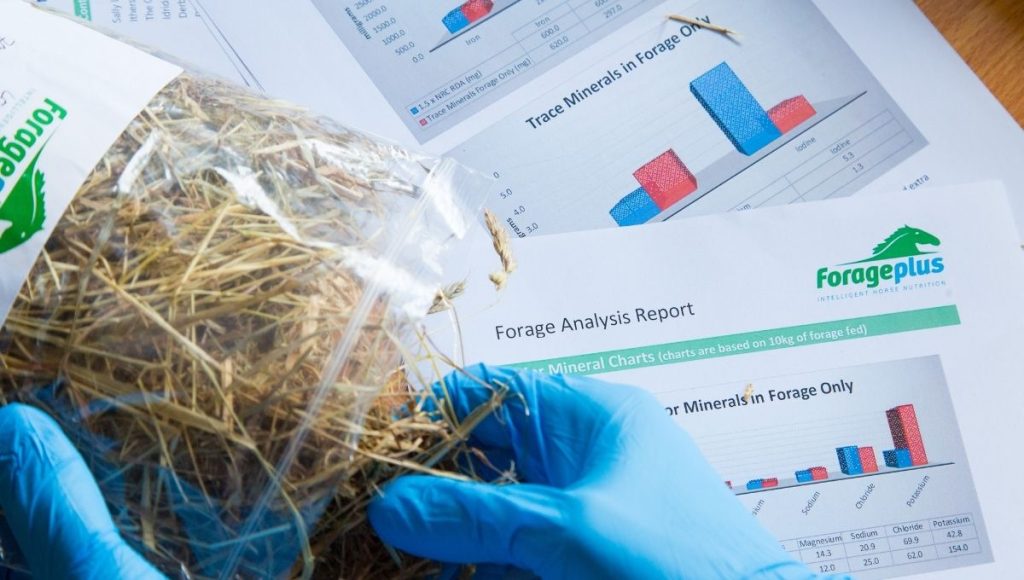
Testing the hay, haylage or grass that your horse easts to determine correct horse feeding is the best way to ensure the best health in all horses, regardless of age, size, or work level.
Using forage analysis to provide bespoke horse feeding suggestions is the most powerful horse feeding approach you can find today. This science-based approach can be unique to each horse in their environment. The diet can be optimised with exactly what the horse needs, for age, health and the level of work being undertaken.
Even if you cannot carry out testing of your hay, haylage or grass, you can feed a pre-formulated ‘forage focused’™ balancer. These balancers are formulated following the data obtain from thousands of scientific analytical reports of hay and grass. They match to the most common deficiencies found in grass, hay or haylage so horses get more of what is missing and less of what is already in their diet at high levels.
Broad Spectrum Horse Feeds
Most horse feed manufacturers provide a ‘one size, fits all’ approach, adding in a little bit of everything that horses supposedly need. This ‘broad spectrum’ approach does not consider any of the nutrition that they are already getting from the biggest proportion of their diet which is always the grass, hay or haylage they eat each day.
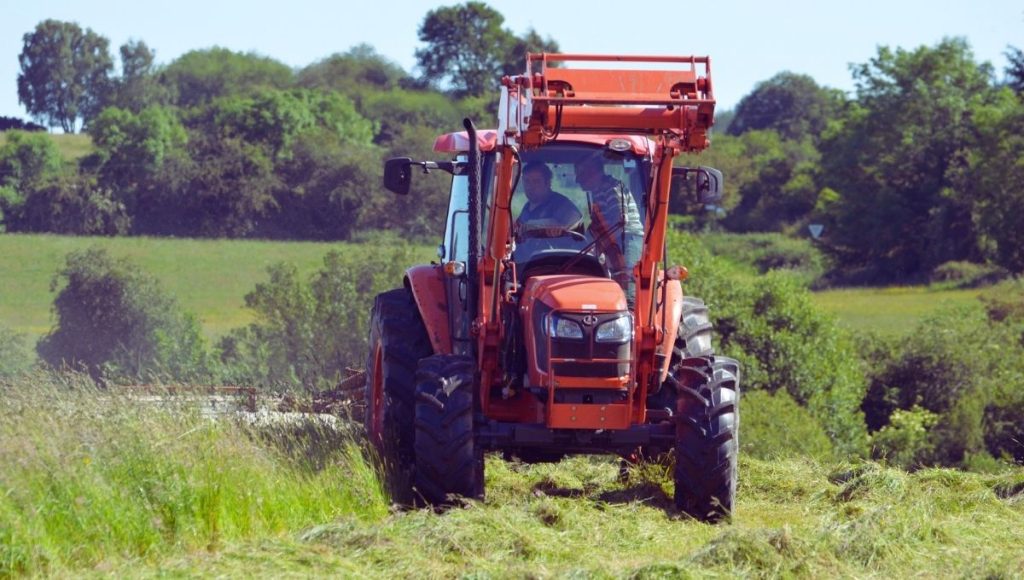
Affordable, bespoke, targeted horse feeding
We believe that an affordable and comprehensive, ‘forage focused’™ horse feeding approach is the ultimate for all horses, from those doing eventing and endurance to those prone to laminitis and skin allergies.
Although owners are often worried about low levels of minerals, it can also be those minerals that are often in excess which can cause imbalance. If owners take account of not just deficiencies, but also excesses then there is often a profound change in horse health and vitality.
Author
Sarah Braithwaite, Owner and Director of Forageplus
